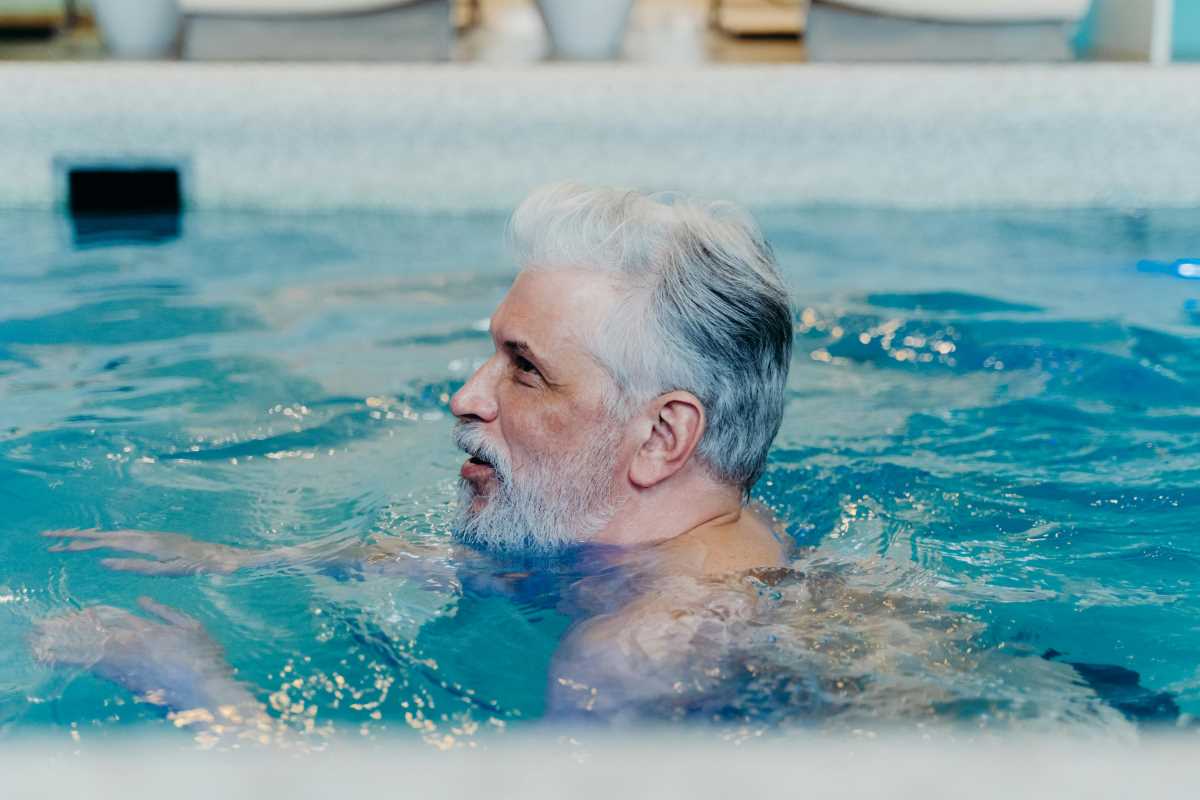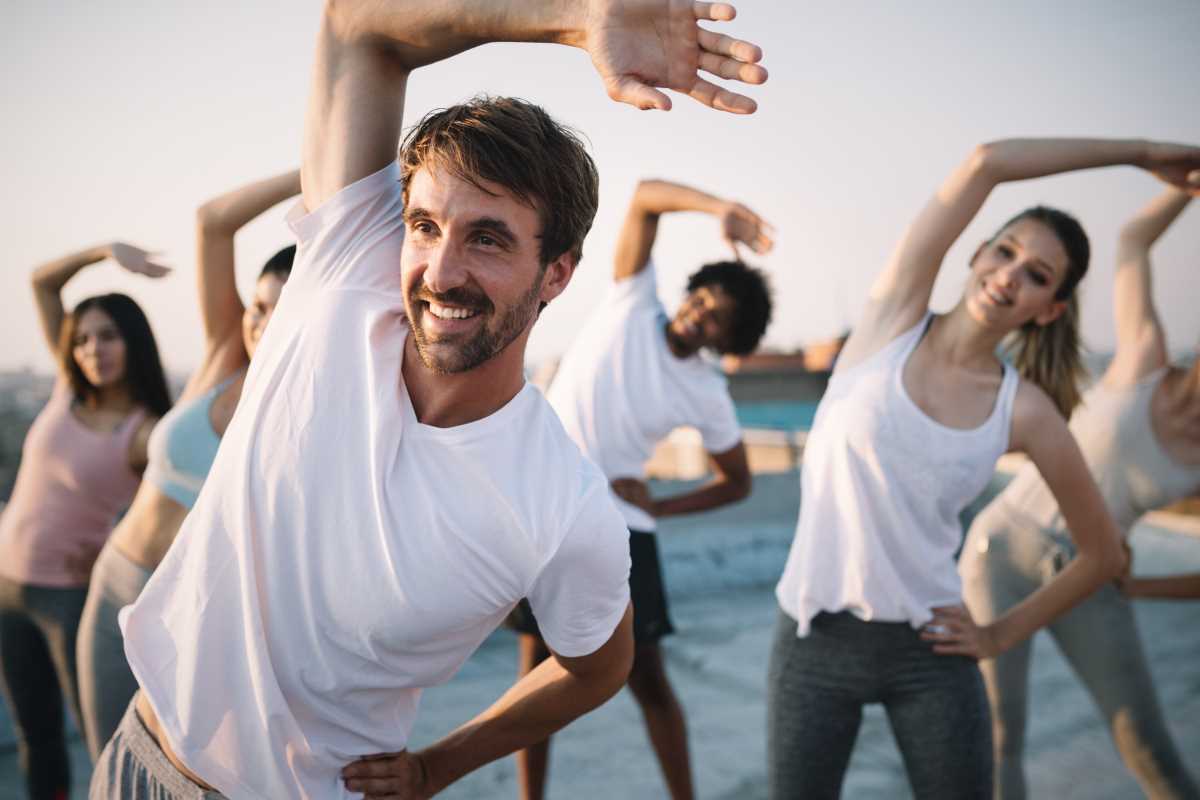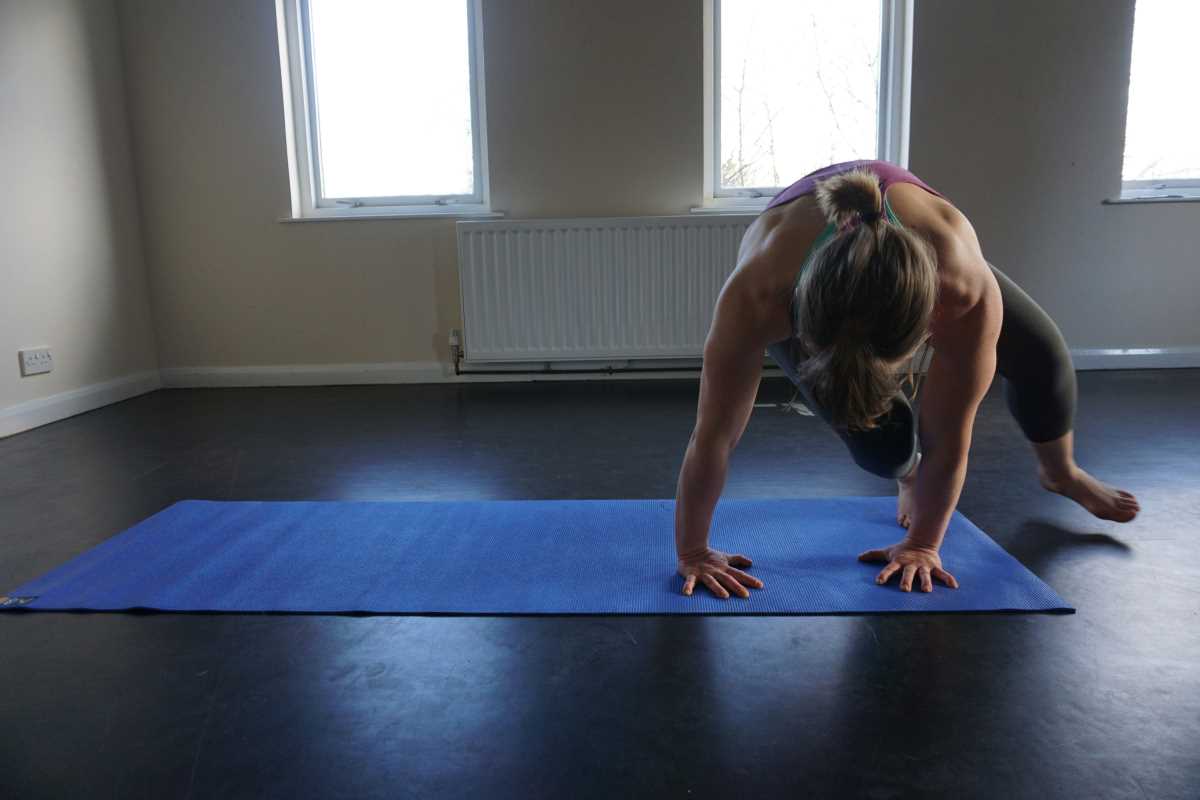Maintaining a healthy heart matters greatly for seniors, as cardiovascular issues can significantly impact their quality of life. As people age, the risk of heart-related problems tends to increase, making it essential to adopt safe and effective ways to support cardiovascular health. Traditional forms of exercise may feel too strenuous or pose injury risks for older adults, especially those with joint pain or mobility challenges. Water-based workouts offer a gentle alternative, providing the cardiovascular benefits of exercise while reducing physical strain.
The natural buoyancy of water supports the body, allowing seniors to move freely and confidently without the fear of falling or injuring themselves. At the same time, the resistance of water adds an extra challenge that strengthens the heart and muscles. This combination of safety and effectiveness makes aquatic exercises particularly well-suited for older adults looking to maintain or improve heart health. With the right guidance and consistency, water-based fitness can become an enjoyable part of a senior’s wellness routine, promoting both physical vitality and emotional well-being.
Benefits of Aquatic Exercises for Seniors
Aquatic exercises offer numerous benefits, especially for seniors seeking to enhance their cardiovascular health. Here are some key advantages:
- Low Impact on Joints: The water's buoyancy minimizes stress on joints, making movements smoother and reducing the risk of injury.
- Improved Circulation: Regular aquatic activity enhances blood flow, which is vital for heart health.
- Enhanced Muscle Strength and Endurance: Resistance provided by water helps in building and maintaining muscle mass.
- Increased Flexibility: Movement in water allows for a greater range of motion, promoting flexibility.
- Stress Reduction: The calming properties of water can help lower stress levels, benefiting overall heart health.
These benefits not only contribute to better cardiovascular function but also improve overall well-being, making aquatic exercises an excellent choice for seniors.
Top Aquatic Exercises to Enhance Cardiovascular Health
Choosing the right exercises is essential to effectively improve cardiovascular health. Here are some of the best aquatic exercises for seniors:
- Water Walking or Jogging: Mimicking walking or jogging motions in the pool provides a great cardio workout while supporting the body.
- Swimming Laps: Different swimming strokes, such as freestyle or breaststroke, engage various muscle groups and elevate heart rate.
- Aquatic Aerobics: Structured aerobic routines performed in water can be both enjoyable and effective for heart health.
- Water Cycling: Using a stationary cycle in the pool offers low-impact resistance training that strengthens the heart.
- Leg Kicks and Arm Raises: Simple movements like kicking legs and raising arms can boost circulation and endurance.
Each of these exercises can be adjusted to fit individual fitness levels, ensuring that seniors can participate comfortably while achieving their cardiovascular goals.
How Aquatic Exercises Improve Cardiovascular Health
Aquatic exercises positively impact cardiovascular health through several mechanisms. The resistance of water requires the heart to pump more efficiently, strengthening the heart muscle over time. The cooling effect of water helps regulate body temperature, allowing seniors to exercise longer without overheating.
The combination of resistance and buoyancy in water facilitates improved blood circulation and lowers blood pressure. Regular participation in aquatic activities can lead to reduced risks of heart disease, stroke, and other cardiovascular conditions, promoting a healthier and more active lifestyle for seniors.
Safety Tips for Seniors Engaging in Aquatic Exercises
While aquatic exercises are generally safe, it’s important for seniors to follow certain precautions to prevent injuries and ensure effective workouts:
- Consult with a Healthcare Provider: Before starting any new exercise regimen, seek medical advice to address any existing health concerns.
- Stay Hydrated: Even in water, it’s essential to drink plenty of fluids to maintain hydration levels.
- Use Proper Equipment: Utilize flotation devices or aquatic exercise gear as needed to provide additional support.
- Start Slow: Begin with low-intensity exercises and gradually increase the intensity to avoid overexertion.
- Be Mindful of Water Temperature: Ensure the pool temperature is comfortable to prevent muscle cramps or overheating.
Following these safety tips helps seniors enjoy the full benefits of aquatic exercises while minimizing potential risks associated with physical activity.
Water-based workouts offer seniors a safe, enjoyable way to protect heart health while staying active and independent.
 (Image via
(Image via





